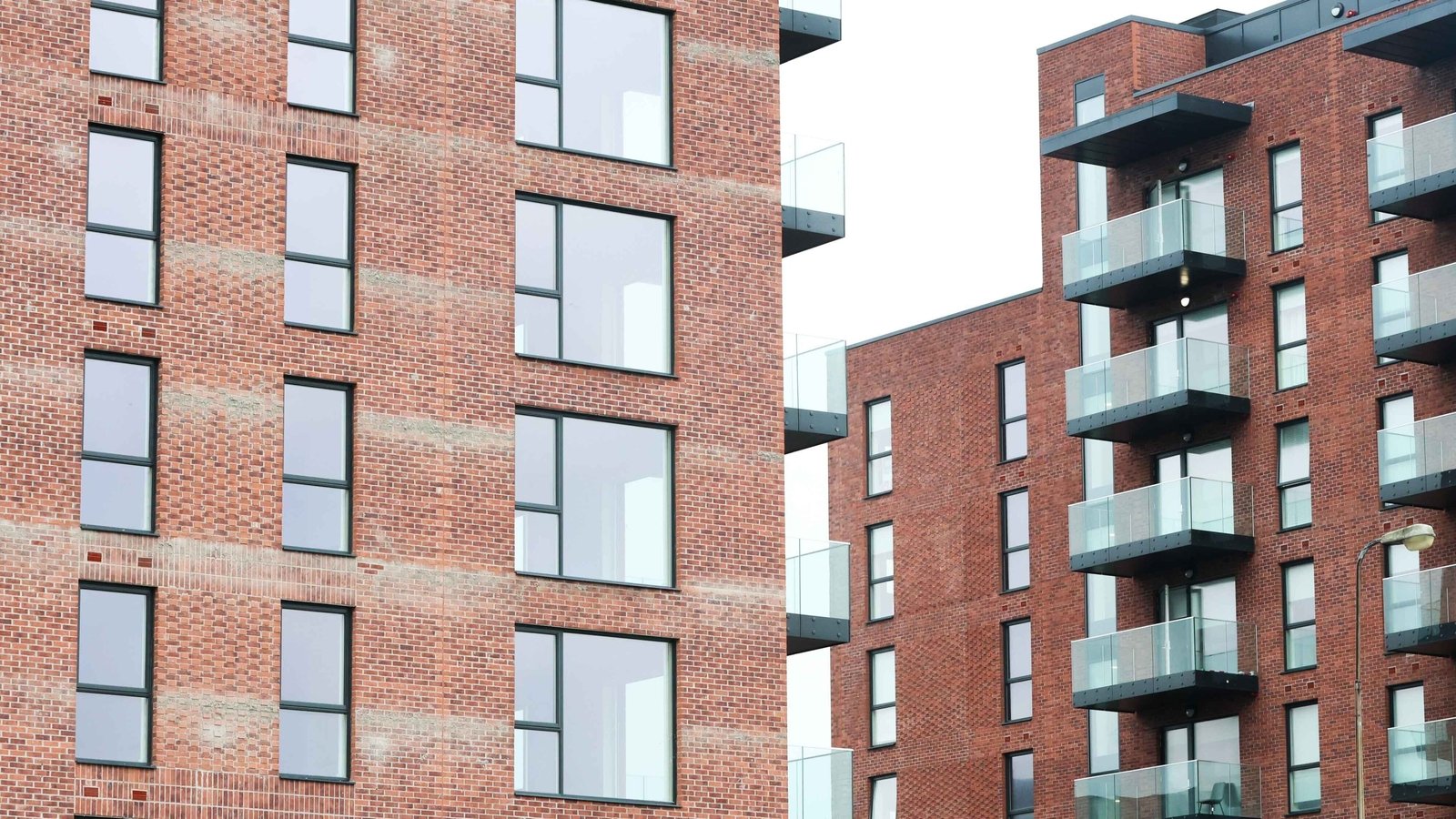
Sinn Féin has said the Government’s proposals to restructure Rent Pressure Zones (RPZ) will lead to significant increases for many renters and put many at risk of homelessness.
Speaking on RTÉ’s Morning Ireland, Eoin Ó Broin accused the Taoiseach of gaslighting renters and deliberately misleading the public by claiming that the Government’s proposals to restructure RPZs are balanced.
Further discussions are expected to take place tonight among Government party leaders and the ministers for Housing, Finance and Public Expenditure ahead of an expected Cabinet decision tomorrow.
Taoiseach Micheál Martin said the proposals are well-balanced and they would give greater protections to renters and provide certainty for investors. However, this is a contentious political decision.
Already, the Government has been accused of throwing renters to the vulture funds, but it remains resolute that it will take action.
“When the Taoiseach said yesterday that this was a balanced package to protect renters and encourage investment, he is deliberately misleading the public,” Mr Ó Broin said.
“He is gaslighting renters, and I’m not even sure he fully understands the extent which they’re putting huge numbers of people, young people, people approaching pension age, at enormous risk with even greater financial hardship, and in many cases, at risk of homeless,” he said.
Under the plans, which will be pored over again, rents in newly built properties will no longer be capped at 2% annually but will instead be tied to the rate of inflation.
The proposal, which Minister for Housing James Browne will bring to the Cabinet, will likely state that there will be no changes for existing renters if they stay in their current tenancy.
However if they move, a landlord can reset the rent for the new tenant at the market rate.
There will also be protections for new renters which will provide security of tenure for at least six years.
Mr Ó Broin said there are thousands of tenants who signed tenancy agreements before 2022 and these people are only protected for six years before their landlord can evict them for any reason.
The Government is proposing a perfectly legal mechanism to give those landlords leave to evict these tenants so they can avail of new rents, claimed Mr Ó Broin.
Irish Property Owners Association gives cautious welcome to proposal
Irish Property Owners Association (IPOA) chairperson Mary Conway gave a cautious welcome to the proposal.
Speaking on RTÉ’s Morning Ireland, Ms Conway said there is very little detail about the plans so far, but landlords would welcome the change to reset rents after a tenant leaves.
The inability to do so is one of the biggest disincentives to new investments coming into the market at private investor level, she explained.
“That’s one of the biggest disincentives to new investments coming into the market at the private investor level, because in the current regime, if a property is sold, a new investor isn’t going to buy it because it’s capped at the old rent,” she said.
“That’s particularly significant down around the country, where landlords are leaving and there’s no incentive for any other landlords to buy the property.”
There is a lot of focus on apartments in Dublin, Ms Conway said, adding the IPOA represents a lot of one-owner landlords around the country and if they exit the market then there is no incentive for anyone to come in.
She said 2% was marginal, but the IPOA welcomed any increase at this stage and particularly the ability to reset rents when a tenant leaves.
Housing protests in Dublin, Cork
Mike Allen, the Director of Advocacy at Focus Ireland, said the RPZ proposals could place further financial burden and threaten homelessness on renters when rental subsidies are not increasing.
“They seem to be creating a system which creates incentives for landlords to evict tenants so they can bring in something at higher market rates,” he said.
“And secondly, they’re increasing rents right across the board. What are they doing for low income people on HAP to make sure subsidies there don’t force people into deeper debt and eventually into homelessness?”
Mr Allen was speaking at the launch of two Raise the Roof housing demonstrations set to take place in Dublin and Cork over the next two weeks.
The protests are being organised under the umbrella of trade unions and non-governmental organisations, with the first planned for Tuesday 17 June outside Leinster House.
“We’re a decade into the housing crisis and the reality is, many trade union members and workers cannot afford to live in the communities they serve,” said SIPTU’s General Secretary Ethel Buckley.
“There is a lot of frustration in the trade union movement in that we don’t see the housing crisis being met with the urgency that we want the current Government to show … and that’s why we are calling people out, back onto the streets, rebooting the Raise the Roof campaign.
“Whether you call it a crisis or a housing emergency, for working people it means the same thing. Wages are not keeping up with the cost of housing and people cannot afford to live in the communities that they work in … the small number of workers who can purchase or who can rent are doing so at a really considerable financial burden to themselves.”
Dr Padraic Kenna, the Director of the Centre for Housing Law, Rights and Policy at the University of Galway, said one of the issues is whether the proposed changes will increase supply.
Speaking on RTÉ’s News at One, he said supply is a general housing problem and unless changes to the private rental sector encourage people to rent out their owner-occupied homes, it will be difficult to determine what the impact is.
He said there is “a lot of discussion” internationally about whether rent controls impact supply, adding that it is “very much dependent on demand in the area”.
“For instance, student cities have a different dynamic. Property lobby groups say it does, tenant organisations challenge this,” he added.















